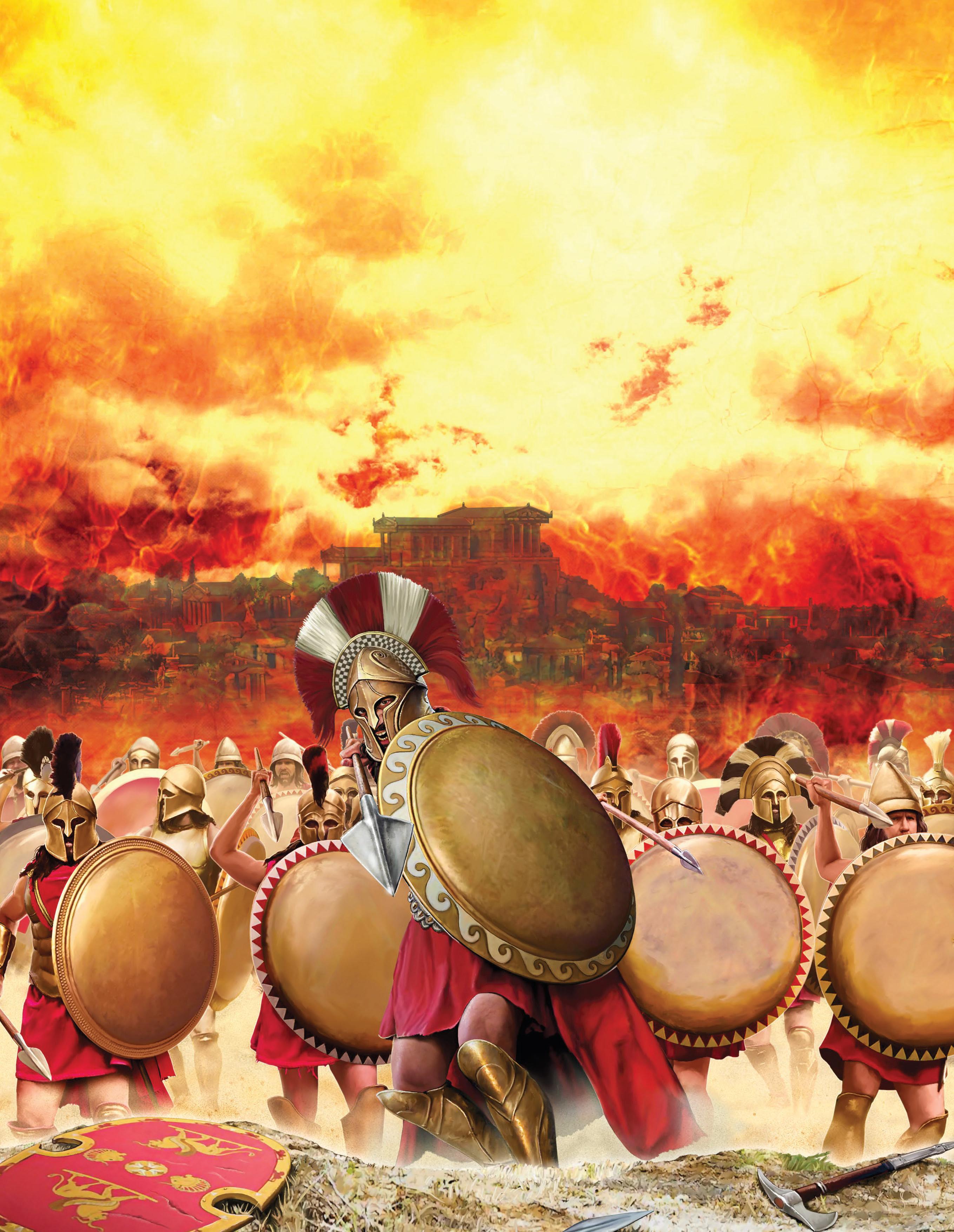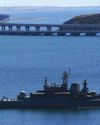يحاول ذهب - حر
FALL OF THE SPARTANS
Issue 152
|History of War
The powerful Greek city-state overreached itself and saw its influence decline as it failed to integrate conquered territories

The opening sentence of the fourth-century BCE Athenian historian and philosopher Xenophon’s description of the Spartan constitution says it all. When explaining that Sparta had become the most powerful state in Greece, as a result of the laws imposed by the mythical Spartan lawgiver Lycurgus, Xenophon observes that Sparta was able to attain such fame and power despite being “among the scantest populated” city-states in Greece. He was well aware that Sparta’s greatest strength was having between 6,000 and 9,000 wealthy citizens, all of whom bought into the system. But he also knew that the small size of this Spartan in-group was Sparta’s great weakness - such a small number of fighting men could only take them so far.
After conquering and enslaving their neighbours in Messenia in the seventh century BCE, the Spartans did their best to compensate for their lack of numbers by making alliances with neighbouring states in the region of southern Greece known as the Peloponnese. Each of these allied states was led by oligarchs who owed their position and security to Sparta. On their own, none of these could hope to defeat the Spartans, who offered protection against the other big power in the Peloponnese, the city-state of Argos. After they had suffered a crushing defeat at Sepeia in the early fifth century BCE, even the Argives had to accept that Sparta was the power in the Peloponnese. The backing of Peloponnesian allies allowed the Spartans to grow their power and gain influence over the other mainland Greeks, and eventually - albeit briefly - the Greeks of the Aegean Islands and Asia Minor.

هذه القصة من طبعة Issue 152 من History of War.
اشترك في Magzter GOLD للوصول إلى آلاف القصص المتميزة المنسقة، وأكثر من 9000 مجلة وصحيفة.
هل أنت مشترك بالفعل؟ تسجيل الدخول
المزيد من القصص من History of War

History of War
BATTLE FOR THE CHANNEL ISLANDS
In 1945, the Allies were ready with a daring amphibious operation to liberate Jersey and Guernsey by force
8 mins
Issue 152

History of War
THE BOYNE
Three crowns were on the line when two kings met in Ireland on a sweltering summer's day
11 mins
Issue 152

History of War
PARIS DAVIS
This pioneering member of the United States Army Special Forces received long-overdue recognition for his heroism rescuing comrades during the Vietnam War
6 mins
Issue 152

History of War
FALL OF THE SPARTANS
The powerful Greek city-state overreached itself and saw its influence decline as it failed to integrate conquered territories
4 mins
Issue 152

History of War
MASTERS OF THE SKIES
From rapidly evolving roles to new technologies, historian and airpower expert John Curatola discusses how fighter planes shaped the Second World War
9 mins
Issue 152

History of War
TEA WITH TRAITORS
A progressive educator celebrated her birthday with a tea party for dissident friends – unaware that a Gestapo informant was among them
9 mins
Issue 152

History of War
CHURCHILL IN THE TRENCHES
How Britain's future war leader earned respect and redemption on the Western Front
13 mins
Issue 152

History of War
"MORE DANGEROUS THAN THE 1950S"
Do we need to relearn the Cold War's fear of mutually assured destruction in our unregulated nuclear landscape?
3 mins
Issue 152

History of War
CRIMEA IN THE CROSSHAIRS
The Black Sea peninsular has been coveted by rival interests for centuries, with the current Russian occupation motivated by several factors
5 mins
Issue 152

History of War
ON THE BRINK
Any conflict between the US and China would almost certainly see the American mainland come under direct attack
3 mins
Issue 152
Listen
Translate
Change font size
